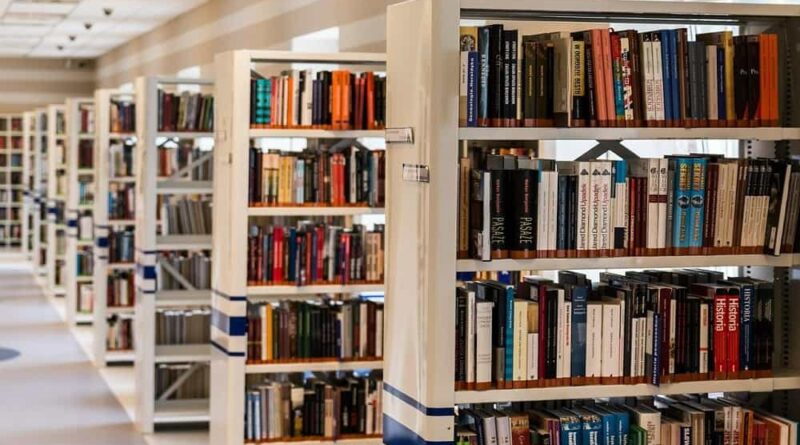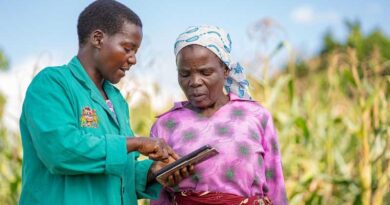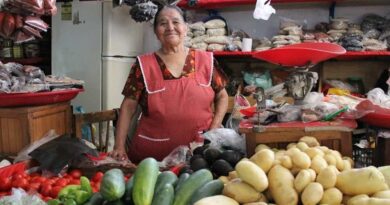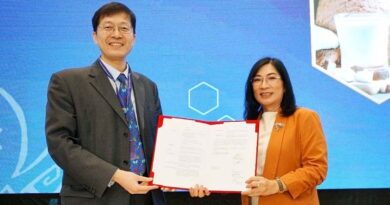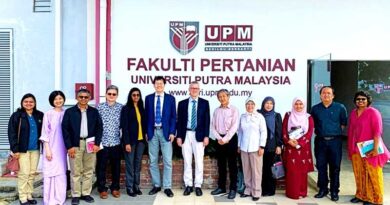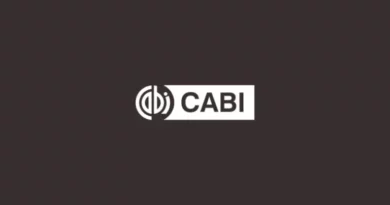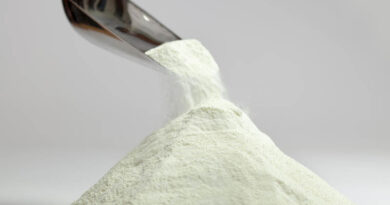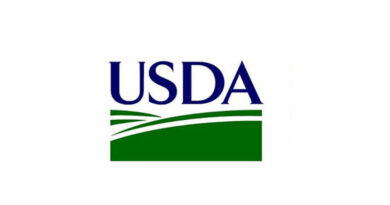CTA’s 35-year legacy of agricultural knowledge safe in CABI’s hands
17 November 2020, UK: CABI is to preserve and provide open access to more than 5,000 items of agricultural knowledge bestowed upon it as part of the transfer of CTA’s 35-year legacy of providing information to 79 countries in Africa, Caribbean and Pacific (ACP).
Also Read: BASF commits to targets for boosting sustainable agriculture
CTA, the Technical Centre for Agricultural and Rural Cooperation based in Wageningen, the Netherlands, was created in 1983 as a joint international institution of the ACP Group of States and the European Union (EU) and operated under the framework of the Cotonou Agreement funded by the EU.
Now, after effectively demonstrating how agricultural innovation can be documented, shared and scaled up to achieve significant improvements in incomes, productivity and food security, the end of the Cotonou Agreement means the financial and legal framework that supported CTA expires at the end of 2020.
While CTA will no longer exist, CABI has agreed to continue its lasting legacy of providing agricultural information and knowledge by preserving the vast publication collection which includes around 300 books, 195 issues of SPORE magazine (including some special issues), as well as material currently held on CD-ROM or memory sticks.
The resources, which include titles such as ‘Fruit Growing in the Tropics,’ ‘Small-scale Chicken Production,’ and ‘The Economic Role of Women in Agricultural and Rural Development: Promoting Income-Generating Activities,’ will be indexed on CAB Abstracts and made available through the Open Access Global Agricultural Research Archive (GARA).
Robert Taylor, Editorial Director at CABI, said, “The CTA collection is a valuable archive of knowledge for regions where there is often little or no relevant information available. CTA publications will be transferred to CABI where we will digitize print documents and make them accessible and discoverable to all the countries within ACP as well as the rest of the world.
Also Read: Paddy procurement for Kharif 2020-21 crosses 250 LMT
“This is entirely in line with CABI’s mission to improve people’s lives worldwide by providing information and applying expertise to solve problems in agriculture and the environment, and marks a long history of collaboration between CTA and CABI”
The materials will form part of an extensive and unique collection held by CABI of more than 13 million records including a digitized archive in its main database going back to 1912. In 2006, the database began adding full-text records along with the abstracts and currently has over 500,000 full-text articles.
The CAB Abstracts Database is used in research and higher education throughout the world, and is regarded as the premier database for agriculture and related subjects. The records on the CAB Abstracts are also used in CABI’s compendia on crop protection, animal health & production, aquaculture, forestry, horticulture and invasive species.
Dr Ibrahim Khadar, Director, CTA, said, “In print and online, CTA has been a beacon of knowledge for millions of agricultural students, researchers, extension agents and farmers not only in the ACP but globally. And, in a number of areas, including most recently the focus on digitalisation for agriculture, CTA has been at the forefront of driving these critical topics up the policy agenda.
“It has been immensely satisfying for me to see the real difference that CTA’s work is making in the lives of farmers, entrepreneurs and agricultural professionals, and, particularly youth and women.
“While CTA may not exist as an institution, the momentum of our work will continue and we are delighted that CABI will help by preserving, promoting and providing access to the legacy of information and knowledge we leave behind.”

